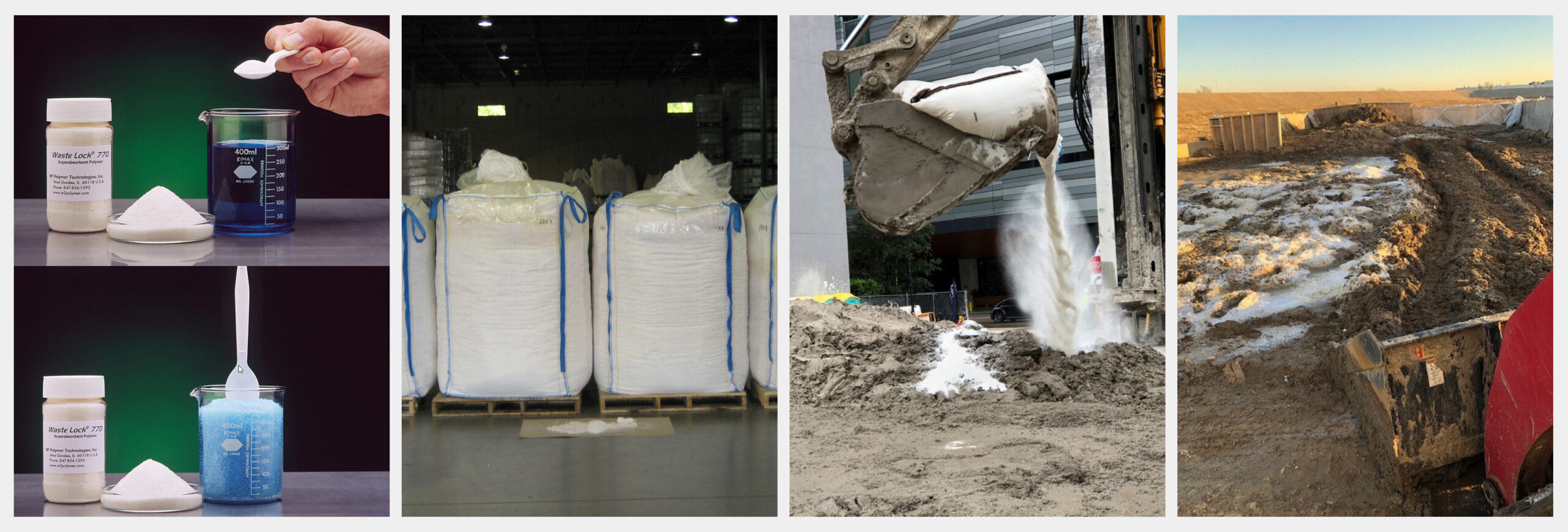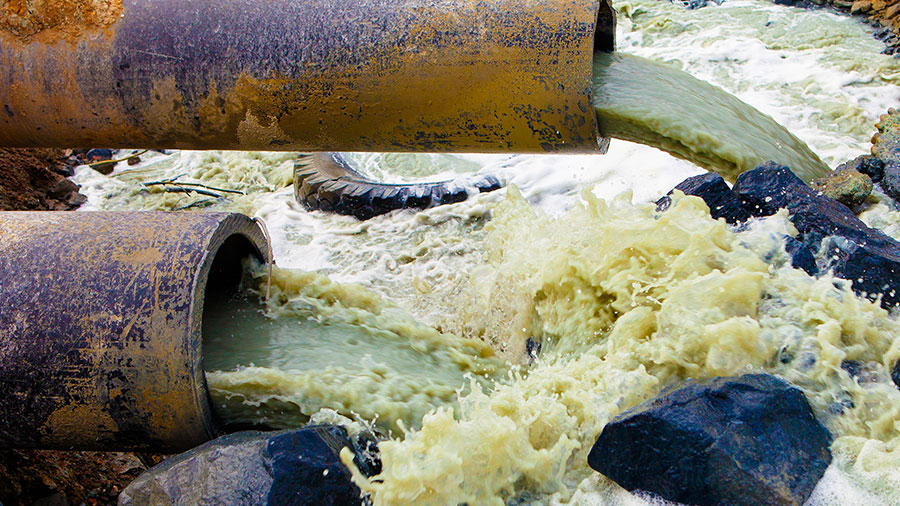Safe and Sustainable Liquid Waste Disposal: Your Go-To Company
Wiki Article
Just How Liquid Garbage Disposal Functions: A Comprehensive Summary of Strategies and Technologies Used

Overview of Fluid Waste Kind
The complexity of fluid waste types necessitates a thorough understanding of their attributes and ramifications for disposal. Liquid waste can generally be classified into a number of types, including industrial, local, farming, and contaminated materials. Each group exhibits unique residential or commercial properties, requiring specific management methods to reduce environmental and wellness risks.
Industrial fluid waste stems from making procedures and frequently includes a variety of contaminants, such as hefty steels, solvents, and natural compounds. Local liquid waste, primarily comprising wastewater from families and commercial establishments, consists of raw material, nutrients, and pathogens (industrial wastewater treatment). Agricultural liquid waste, consisting of runoff from farms, may consist of fertilizers, chemicals, and animal waste, posturing risks to water top quality and communities
Dangerous fluid waste is characterized by its poisoning, reactivity, or potential to create harm. Understanding these varied liquid waste types is vital for developing reliable disposal methods and making certain compliance with ecological regulations.
Physical Treatment Methods

Testing is the initial step, where bigger fragments and particles are gotten rid of from the liquid waste using screens or grates. In sedimentation tanks, much heavier particles clear up at the base, developing a sludge layer, while the made clear liquid can be further dealt with.
Purification is an additional important approach that entails passing the fluid via porous materials, such as sand or membranes, to capture smaller fragments. This step improves the top quality of the liquid, making it ideal for succeeding treatment procedures.

Chemical Treatment Methods
Chemical treatment strategies are crucial for effectively handling fluid waste, especially in attending to liquified and colloidal impurities that physical methods may not adequately get rid of. These techniques use various chemical agents to counteract, precipitate, or transform dangerous compounds into much less hazardous types.One usual technique is coagulation and flocculation, where chemicals such as alum or ferric chloride are included in advertise the aggregation of suspended bits. This procedure enhances sedimentation, permitting less complicated elimination of the resulting sludge. Additionally, oxidation processes, using agents like chlorine or ozone, are employed to break down intricate organic substances and pathogens, providing the waste safer for discharge or further treatment.
Neutralization is an additional essential technique, which adjusts the pH of acidic or alkaline waste streams to neutral levels, stopping potential harm to downstream systems and the setting. In addition, advanced oxidation processes (AOPs) make use of mixes of oxidants and ultraviolet light to deteriorate consistent toxins, achieving a greater level of therapy effectiveness.
Biological Therapy Procedures
Organic therapy processes play an important function in the administration of liquid waste by using bacteria to break down raw material and reduce contaminant degrees. These procedures can be generally categorized right into aerobic and anaerobic therapies, each using specific microbial neighborhoods to achieve efficient waste destruction.Aerobic therapy entails using oxygen to help with the breakdown of natural materials by bacteria. This process is typically carried out in activated sludge systems, where aeration tanks give a favorable environment for microbial development, resulting in the oxidation of natural contaminants. The resultant biomass can be separated from dealt with effluent via sedimentation.
On the other hand, anaerobic treatment occurs in the lack of oxygen, depending on various microorganisms to break down organic matter. This method is specifically beneficial for high-strength waste, as it generates biogas, an eco-friendly energy resource, while decreasing sludge manufacturing. Technologies such as anaerobic digesters are often used in metropolitan and industrial applications.
Both anaerobic and cardio biological therapies not only decrease the environmental effect of liquid waste however additionally promote source recovery, making them vital elements of sustainable waste administration methods. Their effectiveness, efficiency, and adaptability sustain their prevalent execution across various fields.
Emerging Technologies in Disposal
Cutting-edge approaches to fluid waste disposal are rapidly evolving, driven by innovations in innovation and a boosting emphasis on sustainability. Amongst these emerging modern technologies, membrane layer bioreactors (MBRs) have actually obtained grip for their capacity to integrate organic therapy with membrane filtering, leading to top notch effluent that can be reused in different applications. MBRs allow smaller footprints and much more reliable procedures compared to typical systems.One more encouraging advancement is the usage of anaerobic food digestion combined with nutrient recovery innovations, which not only treats liquid waste yet also creates biogas and recoups valuable nutrients like nitrogen and phosphorus. This double advantage boosts click now source effectiveness and reduces environmental impact.
Furthermore, progressed oxidation procedures (AOPs) are being adopted for the destruction of complex natural contaminants. These techniques utilize powerful oxidants and drivers to break down impurities at the molecular degree, offering a highly efficient remedy for tough waste streams.
Additionally, the integration of expert system and machine understanding in waste management systems is maximizing operational efficiency and predictive upkeep, bring about reduced costs and improved environmental compliance. These innovations mirror a substantial change towards more efficient and sustainable liquid waste disposal methods.
Verdict
To conclude, reliable liquid garbage disposal demands a detailed understanding of various methods and innovations. The combination of physical, chemical, and organic therapy approaches ensures the efficient monitoring of varied waste kinds. Moreover, the emergence of ingenious modern technologies boosts therapy efficiency and promotes sustainability in waste administration methods. By constantly progressing these approaches, it becomes feasible to deal with the expanding challenges linked with fluid look at this website waste, eventually adding to environmental management and source recovery.Fluid waste disposal is a crucial element of ecological administration, calling for a detailed understanding of numerous techniques and modern technologies tailored to various waste kinds. Fluid waste can extensively be categorized right into several types, including industrial, community, agricultural, and harmful waste. Agricultural fluid waste, consisting of runoff from farms, may include fertilizers, chemicals, and pet waste, presenting dangers to water top quality and ecosystems.
Different physical treatment approaches play a critical duty in handling fluid waste effectively - industrial wastewater treatment.In final thought, reliable liquid waste disposal necessitates a detailed understanding of discover this info here various techniques and innovations
Report this wiki page